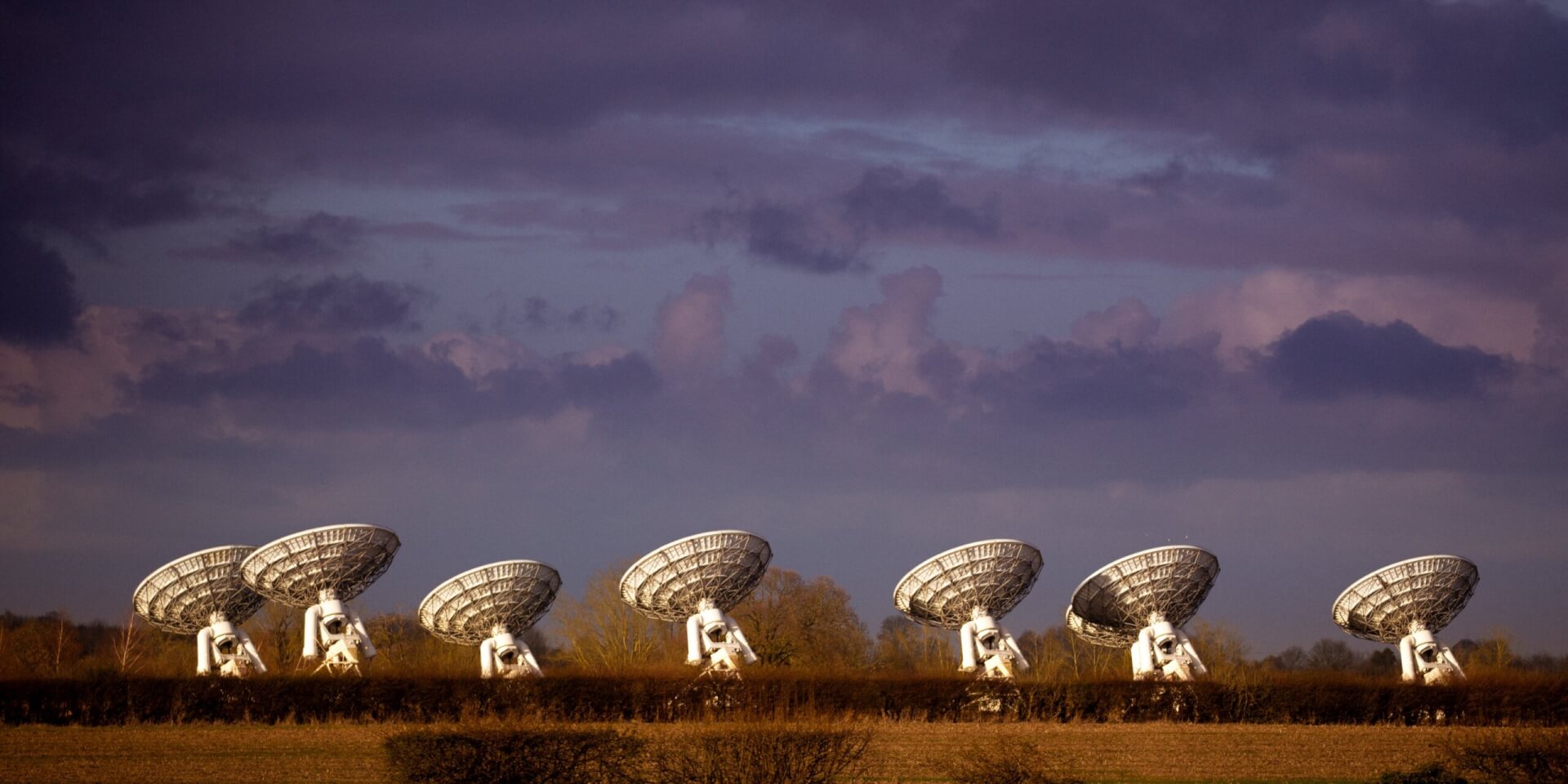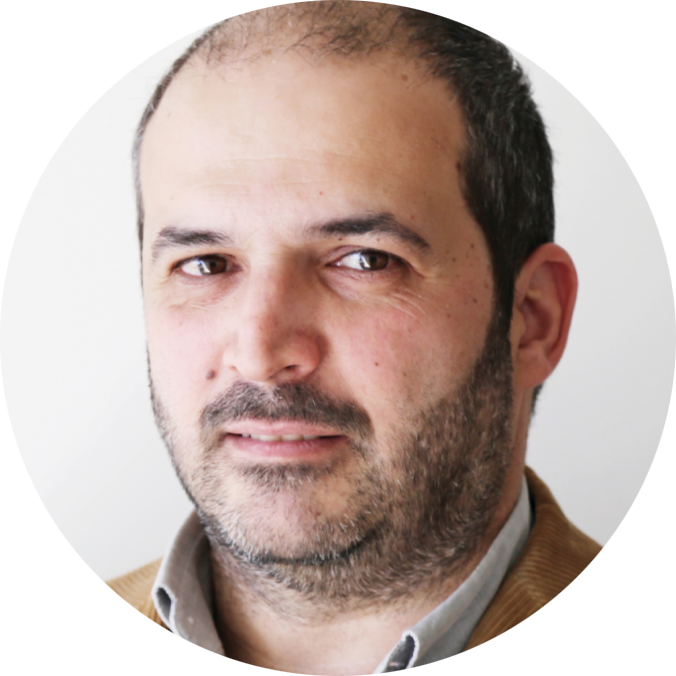
The sixth webinar of the ISC Distinguished Lecture Series as part of the International Year of Basic Science for Sustainable Development, features Professor Nuno Borges Carvalho and his lecture on the topic: “ENERGY Sustainability for Net ZERO Radio Communications”.
Energy is at the centre of all our activities, and especially now, electricity stands at the basis of human survival. Nevertheless, the resources are limited and on certain occasions, we need to rely on the opportunity to have specific energy availability and energy on demand, so that sensors, emergency communications, and ICT, in general, continue to operate even if the energy grid is not there.
In this lecture, Professor Nuno Borges Carvalho discusses the electricity generation problem and how to cope with the huge demand for ICT (Information Communication Technologies) technologies. He addresses new paradigms for radio communications, and alternatives to make energy available when needed and where needed. It is expected that Net Zero Radio alternatives will be available on the market in the future.

Professor Nuno Borges Carvalho
He is currently a Full Professor and a Senior Research Scientist with the Institute of Telecommunications, University of Aveiro and an IEEE Fellow. He coauthored Intermodulation in Microwave and Wireless Circuits (Artech House, 2003), Microwave and Wireless Measurement Techniques (Cambridge University Press, 2013) and White Space Communication Technologies (Cambridge University Press, 2014). He has been a reviewer and author of over 200 papers in magazines and conferences. He is associate editor of the IEEE Transactions on Microwave Theory and Techniques, IEEE Microwave Magazine and Cambridge Wireless Power Transfer Journal.
Adopted by the UN General Assembly in 2015, the 2030 Agenda for Sustainable Development represents a new way of thinking about how to better link basic science and education with issues such as climatic and environmental change, water and energy security, ocean preservation, disaster risks and other topics. It intertwines social, economic, and environmental targets in 17 Sustainable Development Goals (SDGs). Basic sciences have an important contribution to make to the implementation of the 2030 Agenda for Sustainable Development.
The United Nations General Assembly approved by consensus a resolution that promulgates 2022 as the International Year of Basic Sciences for Sustainable Development. IYBSSD2022 encourages exchanges between scientists and all categories of stakeholders, whether from grassroots communities or political decisionmakers and international leaders, as well as associations, students and local authorities.
Nine ISC Members forming GeoUnions proposed to establish the programme “Distinguished Lecture Series on Basic Sciences for Sustainable Development” to promote the IYBSSD2022, and to highlight the importance of basic sciences for the ISC community.
ISC Distinguished lecture series
Promoting discussion and debate around the importance of basic science and their relation to the Sustainable Development Goals